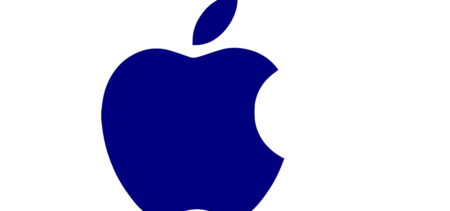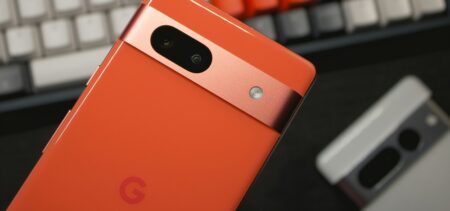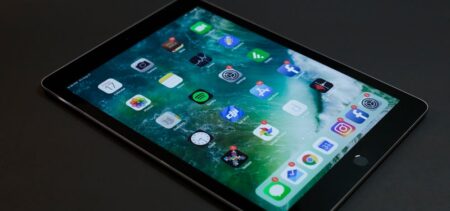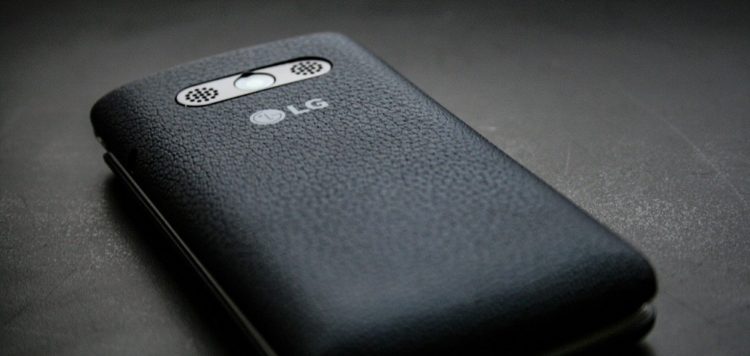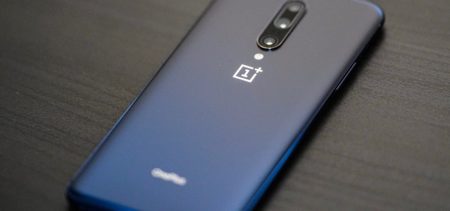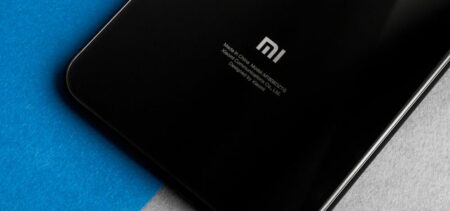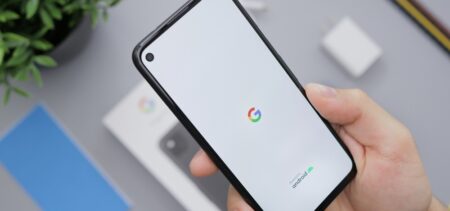LG Electronics Inc. (LG) has recently issued a press release saying it will close its worldwide smartphone business unit. According to the company, this decision was approved by its board of directors in April, and worldwide operations are to be closed by July 31. LG’s decision is said to be a strategic one, as the “incredibly competitive mobile phone sector” may have prevented the company from growing and evolving in other, more profitable areas. In 2021 and beyond, LG will focus more on electric vehicle components, connected devices, smart homes, robotics, artificial intelligence, and business-to-business solutions, according to the public statement.
While it’s no surprise that companies around the world are struggling to survive in the post-pandemic economy, LG is one of the best known and most popular mobile phone manufacturers. The South Korean company is considered a pioneer when it comes to mobile innovation, and it also ranked third in the US sales rankings in 2020. But while 11% of all smartphone sales in America were LG sales, the same cannot be said for the rest of the world. The company lost its place among the top five worldwide smartphone vendors in the fourth quarter of 2020 and ultimately decided to close its smartphone business.
A Decade of Innovative but Not Well-Sold Devices
While LG’s mobile division was not one of the company’s most profitable, nobody can deny that LG smartphones were all about innovation, or that many of them ended up improving the market as a whole. LG’s Prada was actually said to be the source of inspiration for the first iPhone, with the Prada being announced just a month before the iPhone. The South Korean manufacturer even went as far as to accuse Apple of stealing Prada’s design, claiming that Apple may have benefited from the fact that LG’s device was actually unveiled months earlier at the iF Design Award.
A few years after, LG decided to equip its devices with the now famous Android operating system, starting with the LG GW620 in 2009. While switching to Android phones may have been a difficult decision at the time, it’s worth noting that it made all the difference for the future. After all, while LG was on a road to innovation that would eventually end with LG Wing’s launch in 2020, companies like Nokia were about to make the wrong call and invest in their now forgotten operating systems. However, LG would also go on to know that, when it comes to the smartphone sector, innovation may be essential, but it is not enough. After all, the South Korean manufacturer soon joined Nokia and many others in leaving the industry.
It’s All About the Money
While some may have been taken aback by the sudden announcement, the decision comes as no surprise for those who closely followed the company’s financial reports. In fact, despite its commitment to innovation in the smartphone sector, LG seemed to have prepared the move for some time, while also moving ahead with plans to launch the first rollable smartphone. While it constantly invested in innovation and pursued its plans, for better or for worse, LG’s last profitable year in the smartphone business is still 2014. It seems that, after 23 consecutive quarters of losing money to innovation, the board of directors finally decided to put an end to the struggle. And, considering the fact that the whole mobile phone business is expected to shut down by July 31, it probably means an end to LG Rollable too.
Although it may prove to be the best financial decision for the company, LG’s exit is also expected to leave a gap in the market, especially in the US. After all, all major American operators, companies such as AT&T, Verizon and T-Mobile, currently include LG smartphones as part of their plans. And, maybe even more important, LG devices are usually cheaper than those of rival Apple and Samsung, so it remains to be seen which smartphones can replace LG models on the American market. For now, with LG out and Huawei still facing US sanctions, there seems to be an opening for smart, innovative and low-priced smartphones.
LG’s adventure into the competitive mobile phone sector is not without mistakes. It took 23 consecutive quarters of losses, totaling around $4.5 billion, for the company to finally pull the charger plug on this adventure. But that also means an end to a plus in innovation and competition, especially in the US, where Chinese brands such as Oppo, Vivo and Xiaomi do not have much of a presence. Ironically, LG’s spot on the US market may soon be replaced by the same rivals that defeated the company: Apple and Samsung.


